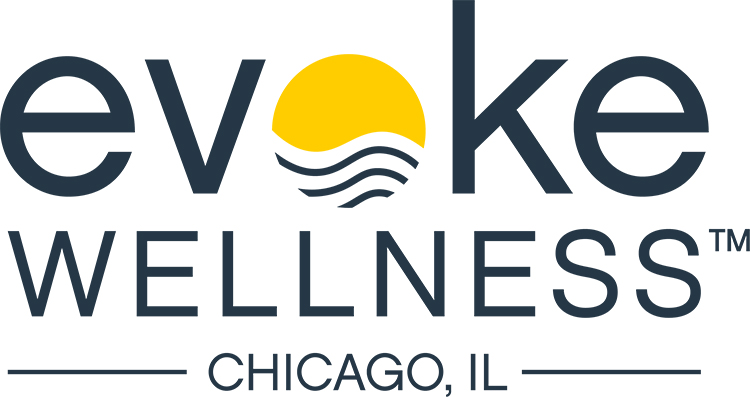Understanding peer pressure and its widespread influence is pivotal, especially for young adults navigating through a critical developmental stage of their lives. Peer pressure is a powerful phenomenon where individuals feel compelled to conform to the behaviors, values, or attitudes of their social group, often leading to risky behaviors such as alcohol misuse.
Recognizing how peer pressure can lead to substance use is the first step toward seeking help and making positive changes. At Evoke Wellness at Chicago, our compassionate team provides a supportive environment to address the challenges of alcohol misuse at our alcohol rehab in Chicago, IL. Call us today at 888.621.0969 to learn more about the signs of alcohol misuse.
The Psychology Behind Peer Pressure
The human psyche is intricately wired to value social bonds and belonging, making the need for social acceptance a pivotal aspect in understanding the psychology behind peer pressure. Individuals, particularly adolescents, often measure their self-worth against the tapestry of social validation, sometimes prioritizing group conformity over personal values or safety.
The fear of rejection can be a profound motivator, pushing people toward choices they might otherwise avoid. Evoke Wellness at Chicago recognizes the profound impact this longing for acceptance and fear of exclusion has on our patients. Our professional team is dedicated to creating a pathway to resilience and self-empowerment, providing the tools to confidently navigate peer pressure so that each person may redefine their sense of worth independent of external validation.
Peer Pressure and Its Influence on Behavior
Peer pressure, while often cast in a negative light, can also catalyze positive change. An individual may be influenced by peers to adopt healthy habits, pursue academic excellence, or participate in community service. However, we must also acknowledge the darker side of peer pressure, where the need to belong can drive young adults to partake in detrimental behaviors.
Alcohol Abuse in Young Adults
Alcohol abuse is one such behavior that can be heavily influenced by peer pressure. In social gatherings, young adults may feel compelled to drink more than they otherwise would due to the perceived expectations of their peers. This pattern of alcohol misuse can quickly spiral into serious drinking issues, leading to negative consequences such as health issues, legal troubles, and strained relationships.
Strategies to Combat Negative Peer Pressure
Combating negative peer pressure requires a multi-faceted approach focused on developing personal assertiveness and fostering the ability to make independent choices. Here are some actionable strategies:
- Cultivate self-awareness – Encourage individuals to reflect on their values and beliefs actively. Recognizing personal standards makes aligning actions with one’s ethics easier, leading to genuine decision-making.
- Practice assertive communication – Teach assertive communication techniques, which empower individuals to express themselves confidently and respectfully without succumbing to pressure. Simple phrases like “I’m not comfortable with this” can strongly convey personal stances.
- Enhance decision-making skills – Foster critical thinking and decision-making capabilities. Provide tools and role-play scenarios that prepare individuals to evaluate situations and consider the consequences of various choices.
- Build self-confidence – Offer support in identifying one’s strengths and achievements. Self-confidence is a protective barrier against the influence of negative peer pressure, supporting the resolve to stand firm in one’s decisions.
- Choose supportive friends –Guide individuals to seek out friends who respect their boundaries and share similar values, creating a positive peer network that reinforces good choices.
- Know how to decline – Develop strategies for politely declining offers that do not align with one’s comfort zone or values, such as having a non-confrontational excuse or alternative activity ready.
Using strategies to defy negative peer pressure can be transformative and reduce the risk of alcohol misuse.
Call Evoke Wellness at Chicago for Support with Mental Health and Alcohol Misuse
If you, or someone you care about, are struggling with the heavy burden of alcohol misuse or facing mental health challenges because of peer pressure, remember that you are not alone in this journey. At Evoke Wellness at Chicago, we extend our hands with empathy and expertise to support you every step of the way. We believe in the strength of the human spirit and the transformative power of guided help. Don’t hesitate to call us at 888.621.0969 or contact us online to learn more about our programs and services.


